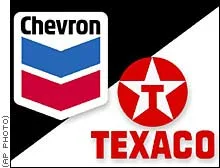EVERTH THENANSHED comandante interestelar de la Federación Galáctica de planetas libres.
Suscribirse a:
Enviar comentarios (Atom)
Entrada destacada
PROYECTO EVACUACIÓN MUNDIAL POR EL COMANDO ASHTAR
SOY IBA OLODUMARE, CONOCIDO POR VOSOTROS COMO VUESTRO DIOS Os digo hijos míos que el final de estos tiempos se aproximan. Ningú...

-
FASE FINAL DE LA ASCENSION: PRIMER CREADOR LES HABLA, ME LLAMAN CON DIFERENTES NOMBRES,PADRE CREADOR,FUENTE Y DIOS Y EN ESTE AQUI Y AHORA V...
-
SOY IBA OLODUMARE, CONOCIDO POR VOSOTROS COMO VUESTRO DIOS Os digo hijos míos que el final de estos tiempos se aproximan. Ningú...
-
Transmisión Anunnaki: Evaluación de Experimento Terrestre - Ciclo 3600, Año 2025 DC ## 𒀭𒀀𒉡𒌦𒋾 (AN-A-NU-NA-KI): PRELUDIO DE OBSERVACIÓN ...








No hay comentarios:
Publicar un comentario
No se admiten comentarios con datos personales como teléfonos, direcciones o publicidad encubierta